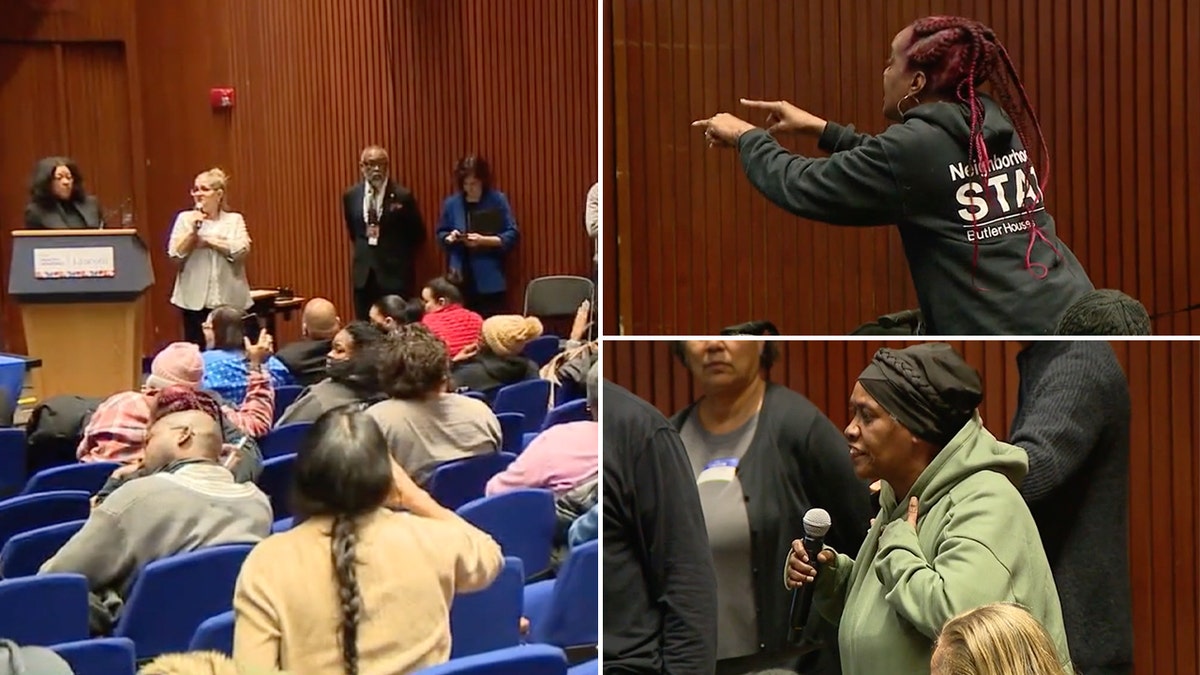Over recent years, the issue of illegal immigration and lax border control has become increasingly contentious, coinciding with a tragic surge in fentanyl-related deaths. The Laken Riley Act, recently signed into law, aims to address this crisis by mandating incarceration for illegal immigrants who commit further crimes. This legislation raises questions about the role of sanctuary cities and their compliance with federal law. The core question is whether these jurisdictions prioritize the protection of their citizens or the rights of individuals residing in the country illegally.

A growing number of law enforcement officials and political leaders are openly defying cooperation with Immigration and Customs Enforcement (ICE), raising concerns about a potential dereliction of duty. Critics argue that this refusal to collaborate undermines national security and contributes to the dangers posed by criminal activities associated with illegal immigration. This stance has sparked a heated debate, with some arguing that prioritizing the safety of citizens requires stricter enforcement of immigration laws, while others emphasize the importance of protecting the rights of all individuals, regardless of their immigration status.

Former border czar Tom Homan has consistently warned that sanctuary policies not only endanger communities but also put ICE agents and other law enforcement personnel at risk. This raises the ethical question of whether these policies inadvertently protect criminals while jeopardizing the safety of those tasked with upholding the law. The debate surrounding sanctuary cities highlights a fundamental tension between local autonomy and federal authority in immigration enforcement.

The implementation of programs like the City of Irving’s Criminal Alien Program demonstrates the potential benefits of collaboration between local law enforcement and ICE. Such initiatives raise the question of whether similar programs could be effectively implemented nationwide while respecting the rights of all individuals. The debate over sanctuary cities is likely to continue, as communities grapple with balancing public safety concerns with the principles of due process and individual liberties.

The No Congressional Funds for Sanctuary Cities Act, H.R. 205, proposes using federal funding as leverage to encourage compliance with immigration laws. This raises questions about the appropriateness of using financial incentives to influence local policy decisions and whether such measures could be considered coercive. The ongoing debate over sanctuary cities underscores the complex interplay between national security, local autonomy, and the rights of individuals within the immigration system.








